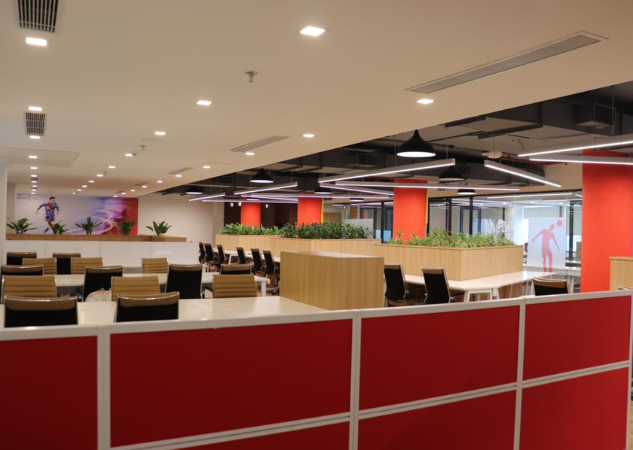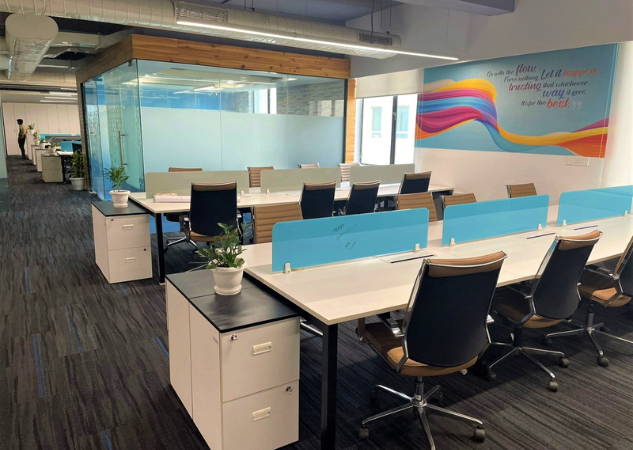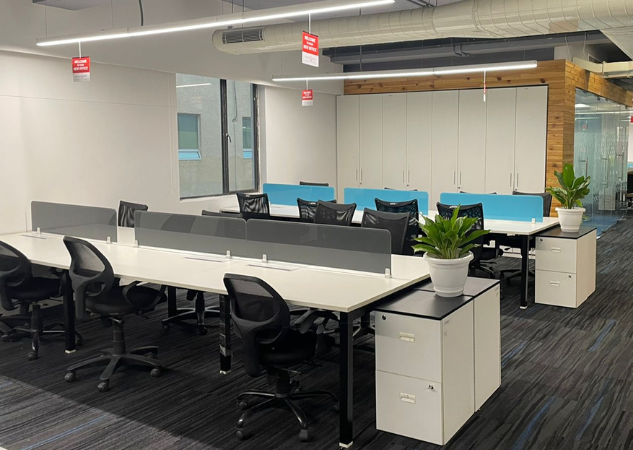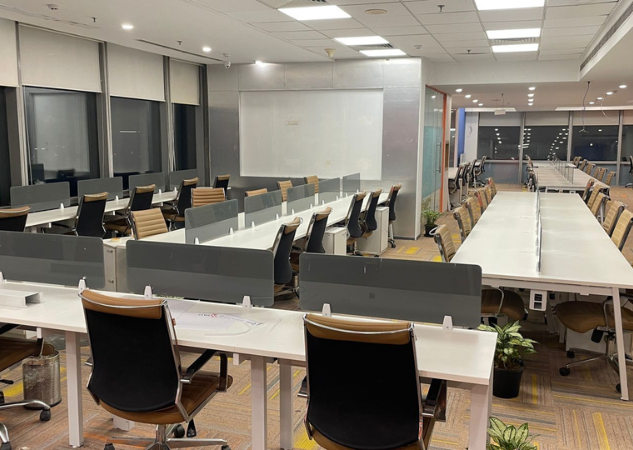Negotiating an employment agreement is key for both parties. It sets clear expectations, outlines responsibilities, and helps prevent future disputes with a well-structured, transparent job contract.
💡 Are you looking for Coworking space in Gurgaon, Noida or Delhi? We are just a call away.
Call Now: 08999 828282
10 Key Areas to Consider When Negotiating an Employment Agreement
- Job Role and Responsibilities
- Salary and Compensation
- Benefits and Perks
- Employment Duration and Termination
- Confidentiality and Non-Compete Clauses
- Work Location and Remote Work Policies
- Intellectual Property Rights
- Dispute Resolution and Legal Compliance
- Performance Reviews and Promotions
- Probationary Period

1. Job Role and Responsibilities
Clearly defining the job title, duties, and expectations prevents misunderstandings between the employee and employer. A detailed employment agreement form should specify daily tasks, performance expectations, and any reporting structures. This ensures both parties have a clear understanding of what is required.
2. Salary and Compensation
A salary agreement should outline the base salary, payment schedule, and additional financial perks such as bonuses, commissions, or stock options. It’s also essential to negotiate compensation benefits for employees, such as overtime pay, holiday pay, and salary review timelines.
3. Benefits and Perks
Beyond salary, employees should negotiate additional perks like health insurance, dental and vision coverage, life insurance, retirement plans, paid vacation, and parental leave. A strong employment and compensation package helps attract and retain top talent while providing financial security.
Also Read: The Entrepreneur’s Guide To Building a Team
4. Employment Duration and Termination
Clarifying the length of employment—whether it’s a fixed-term or at-will arrangement—is crucial. The agreement between employer and employee should define termination clauses, including notice periods, severance packages, and valid reasons for termination. This protects both parties from unexpected disputes.
5. Confidentiality and Non-Compete Clauses
Many employers include agreement clauses that protect their business interests. Confidentiality clauses prevent employees from sharing sensitive company information. Non-compete clauses may restrict an employee from working for a competitor within a specific timeframe or geographic area after leaving the company. Employees should carefully evaluate these clauses to ensure they are reasonable.
6. Work Location and Remote Work Policies
With the shift toward remote work, defining where and how work will be performed is critical. The contract should specify whether the role is office-based, hybrid, or fully remote, and detail expectations for working hours, communication, and equipment provided by the company.
7. Intellectual Property Rights
For roles involving creative work, research, or innovation, ownership of intellectual property must be established. The employment and law section of the contract should clearly state whether the employer or employee retains rights to inventions, designs, or content created during employment.
8. Dispute Resolution and Legal Compliance
Understanding employment law for employees is essential to prevent legal complications. The contract should include a dispute resolution process, such as mediation or arbitration, to handle conflicts fairly and efficiently. Compliance with local and national labor laws must also be ensured.
9. Performance Reviews and Promotions
Performance evaluations play a key role in career growth. The contract should define how and when performance will be assessed, criteria for promotions, and opportunities for salary increases. This ensures employees have a clear path for professional development.
10. Probationary Period
Some positions require a probationary period where an employee’s performance is assessed before full employment is confirmed. The job agreement form should state the probation length, evaluation criteria, and conditions for either confirming or terminating employment at the end of this period.
Negotiating an employment agreement requires clarity on key issues like salary, benefits, job role, and termination clauses. A well-structured contract ensures fairness and long-term job satisfaction for both employers and employees. Being in a professional and supportive workspace can be invaluable in navigating negotiations effectively.
The Office Pass (TOP) provides a collaborative coworking environment where entrepreneurs and professionals can network and make informed business decisions. Choose TOP for a workspace that empowers you to negotiate and succeed with confidence! Contact TOP at 8999 82 82 82 to find your perfect workspace today!
FREQUENTLY ASKED QUESTIONS (FAQS):
Question: What is an employment agreement?
Answer: An employment agreement is a legally binding contract between an employer and an employee that outlines job responsibilities, compensation, benefits, and other essential terms of employment.
Question: Is an employment agreement necessary for all jobs?
Answer: Not all jobs require a formal job contract, but having one helps protect both parties by ensuring clear expectations and legal compliance.
Question: What should be included in a job contract?
Answer: A job agreement form should include job responsibilities, salary details, benefits, termination conditions, confidentiality clauses, dispute resolution processes, and any non-compete agreements.
Question: Can an employer change the terms of an employment agreement?
Answer: Changes to an employment agreement typically require mutual consent. Employers cannot unilaterally alter key terms like salary, benefits, or job roles without employee agreement.
Question: How can an employee negotiate better contract terms?
Answer: Employees should research industry standards, highlight their skills and experience, and discuss terms such as salary, benefits, and job responsibilities before signing the contract.
Question: Are non-compete clauses enforceable?
Answer: Non-compete clauses are enforceable in many places, but they must be reasonable in scope, duration, and geographic reach. Employees should review them carefully before signing.
Question: What happens if there is a dispute regarding the employment agreement?
Answer: Most agreements include dispute resolution clauses, such as mediation or arbitration, to settle disagreements. Employees can also seek legal advice if needed.
Question: Can an employee terminate their contract early?
Answer: Employees can usually resign with notice, as specified in the contract. However, breaking a salary agreement or leaving before the contract allows may have financial or legal consequences.
Question: What are compensation benefits for employees?
Answer: Compensation benefits for employees include health insurance, bonuses, paid time off, retirement plans, stock options, and other perks that go beyond the base salary.
Question: How can employers ensure their employment agreements comply with the law?
Answer: Employers should consult legal professionals or HR specialists to ensure their employment agreement form aligns with labor laws and protects both the business and the employee.









